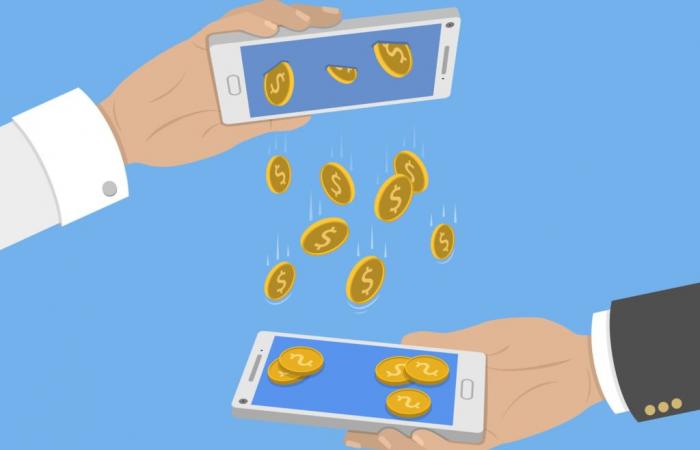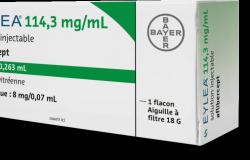As of January 2025, banks can no longer charge for this banking service, which will therefore become much more popular. But as practical as it is, it must be handled with great care.
It is a (small) revolution in the world of banking services, and more particularly in that of means of payment. From January 9, 2025, instant transfers will be free. This is a consequence of European Regulation No. 2024/886 of March 13, 2024, which requires banking establishments to charge instant transfers at the same price as traditional transfers. And as these are most of the time free, the transaction fees on instant transfers will therefore logically disappear.
This is great news for all customers, as these transfers offer many advantages: available 24 hours a day, 7 days a week, they have an immediate effect, with funds being transferred from one account to another within 10 seconds at most. Compared to the 24 to 48 hours that traditional transfers take, this is a real improvement, especially for individuals or small businesses. However, this immediacy is not without risk, what is gained in speed for customers could be lost in security.
Indeed, as the Signal-Arnaques site rightly points out in a post on the social network X/Twitter, instant transfers present a risk inherent to their immediacy: they are irrevocable and the funds transferred cannot be recalled. In the context of a traditional transfer, although the funds are debited immediately from the sender's account, they do not, however, immediately arrive in that of the recipient. They remain “on hold” between two banks for one or two days, which allows the transaction to be canceled in the event of an error.
This is no longer the case with instant transfers, as funds are actually transferred from one account to another in just ten seconds. Thus, it is impossible to cancel the transaction or request a recall of funds from your bank in the event of an error regarding the recipient. To obtain a return of their money in this case, the recipient of the instant transfer will have to make a transfer in the opposite direction themselves. And if it is a crook who fled with the sum paid, there is little chance that he will consent…
Well aware of this risk, the authors of the European regulation have combined the free instant transfers with an obligation of reinforced control on the part of the banks. Before validating the transfer order, they must now check that the name appearing on the IBAN entered by their customer corresponds to that of the destination account. In the event of an inconsistency, the sender of the transfer will then receive a warning on his screen, informing him of the discrepancy between the information and allowing him to interrupt the operation.
While this measure is a welcome first layer of security, it will not prevent all types of scams. For example, a fake energy renovation company, which opened a bank account with its business name, would fall through the cracks of this system. This check of the IBAN name will therefore be able to limit the most serious risks of identity theft, but will not protect customers from more sophisticated and better-established scams, the number of which has continued to increase in recent years.
Thus, it is strongly recommended to reserve the use of instant transfers to transfer funds to trusted third parties. For individuals, it may be family members or close friends, whom we know physically. And for businesses, these must be partners (suppliers or customers) with whom we have regular, long-standing relationships. In all cases, you must at all costs avoid making an instant transfer to an account that you have just added to the list of beneficiaries, or whose IBAN you have just updated.






